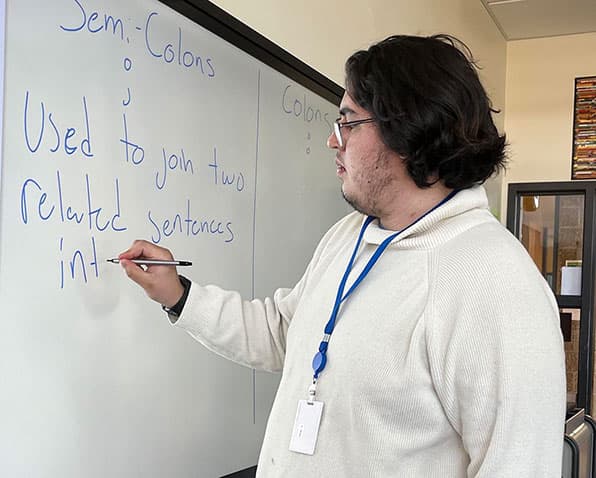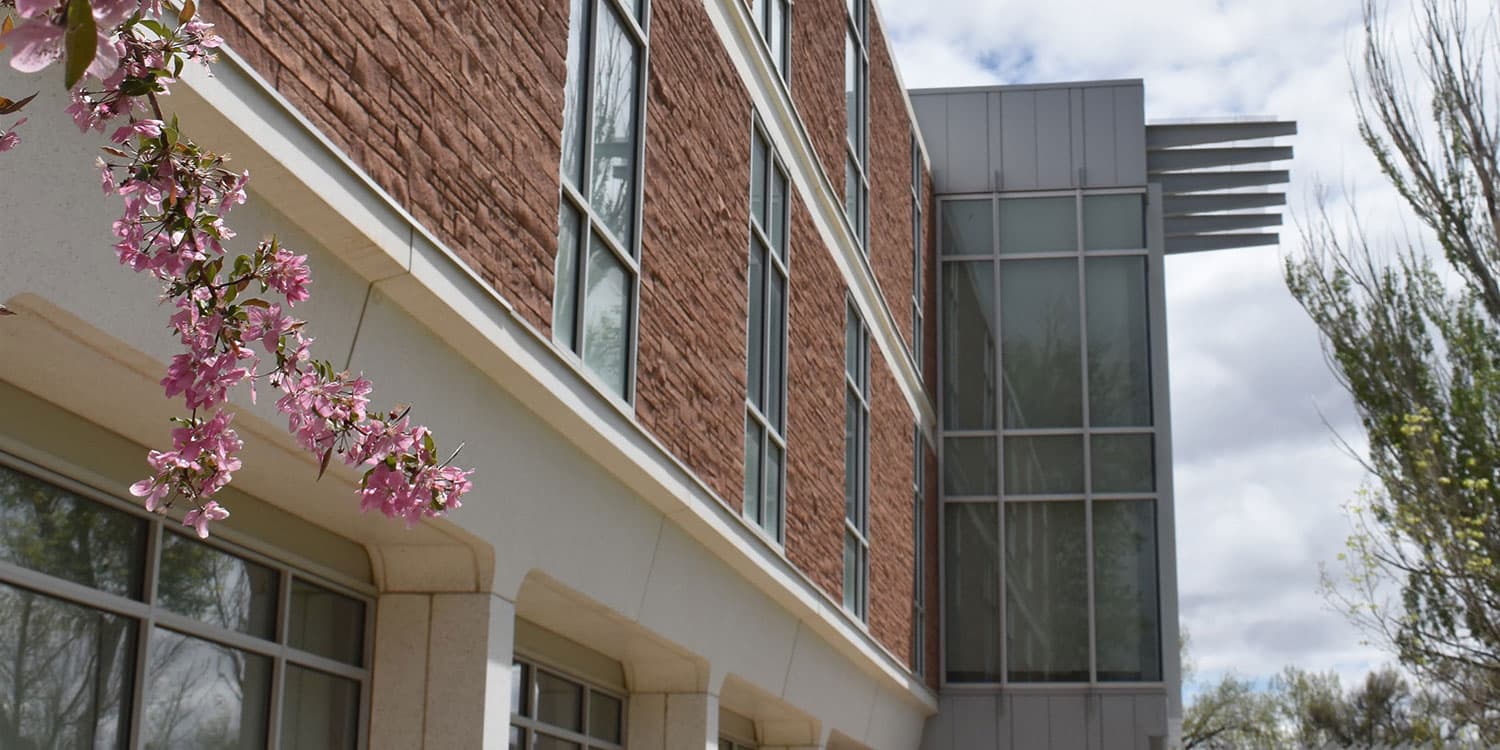Undergraduate Program Earns an “A” Letter Grade in New Report from the National Council on Teacher Quality
The undergraduate teacher preparation program at Adams State University has been recognized by the National Council on Teacher Quality (NCTQ) for its rigorous preparation of future teachers in how to teach reading, earning an “A” grade in NCTQ’s new report, Teacher Prep Review: Strengthening Elementary Reading Instruction.
The program is among just 23 percent nationwide to earn an “A” from NCTQ for meeting standards set by literacy experts for coverage of the most effective methods of reading instruction—often called the “science of reading.”
National data shows that more than one-third of fourth grade students—over 1.3 million children—cannot read at a basic level. By preparing teachers in the methods that research has shown to work best, we can change these devastating results.
To evaluate the quality of preparation being provided, a team of experts at NCTQ analyzed syllabi, including lecture schedules and topics, background reading materials, class assessments, assignments, and opportunities to practice instruction in required literacy courses for undergraduate elementary teacher candidates at Adams State University. To earn an “A,” programs needed to meet NCTQ’s targets for coverage of the five core components of scientifically based reading instruction—phonemic awareness, phonics, fluency, vocabulary, and comprehension—and not teach more than three instructional methods that are unsupported by the research on effective reading instruction.
While some portion of children will learn to read naturally, over five decades of research have established the components of explicit, scientifically based reading instruction that help most students become successful readers. Research suggests that over 90 percent of children could learn to read if their teachers used instructional methods grounded in the science of reading. Adams State University is proud to be recognized among the programs ensuring that future elementary teachers enter the classroom equipped with the knowledge and skills they need to help students become strong readers.
Adams State School of Education Director Curtis Garcia, Ph.D., appreciates the recognition. “The faculty and staff in our school work with prospective students to prepare them to be highly qualified educators in all areas. This recognition demonstrates how dedicated the School of Education is to the ultimate success of future teachers.”

The Adams State Bachelor of Arts in elementary education prepares student to be elementary teachers with coursework and field experience in literacy and language, content methods, and education practices. An emphasis is one of the following approved academic areas is required: art; culturally and linguistically diverse education; early childhood education; literacy; mathematics, music, physical education; science; social studies; Spanish; and a special education generalist endorsement is offered and requires coursework, field hours, and student teaching in addition to that required for the initial elementary license.
“We recently inducted the Class of 2023 into the Educator’s Hall of Fame, and everyone honored said they owed much of their success to Adams State,” Dr. Garcia added. “They all remarked on how well prepared they were for the classroom as they began their chosen career.”
The new NCTQ analysis of teacher preparation programs’ coverage of the science of reading was developed over the course of two years, involving teams of literacy experts, researchers, teacher preparation leaders, and educators. NCTQ evaluated 693 traditional undergraduate and graduate programs across the country, including 15 in Colorado. Overall, just 112 programs earned an A and 48 earned an A+.
About NCTQ
The National Council on Teacher Quality: NCTQ is a nonpartisan research and policy organization on a mission to ensure every child has access to an effective teacher and every teacher has the opportunity to be effective. We believe a strong, diverse teacher workforce is critical for providing all students with equitable educational opportunities. Fore more information about NCTQ, visit www.nctq.org.



